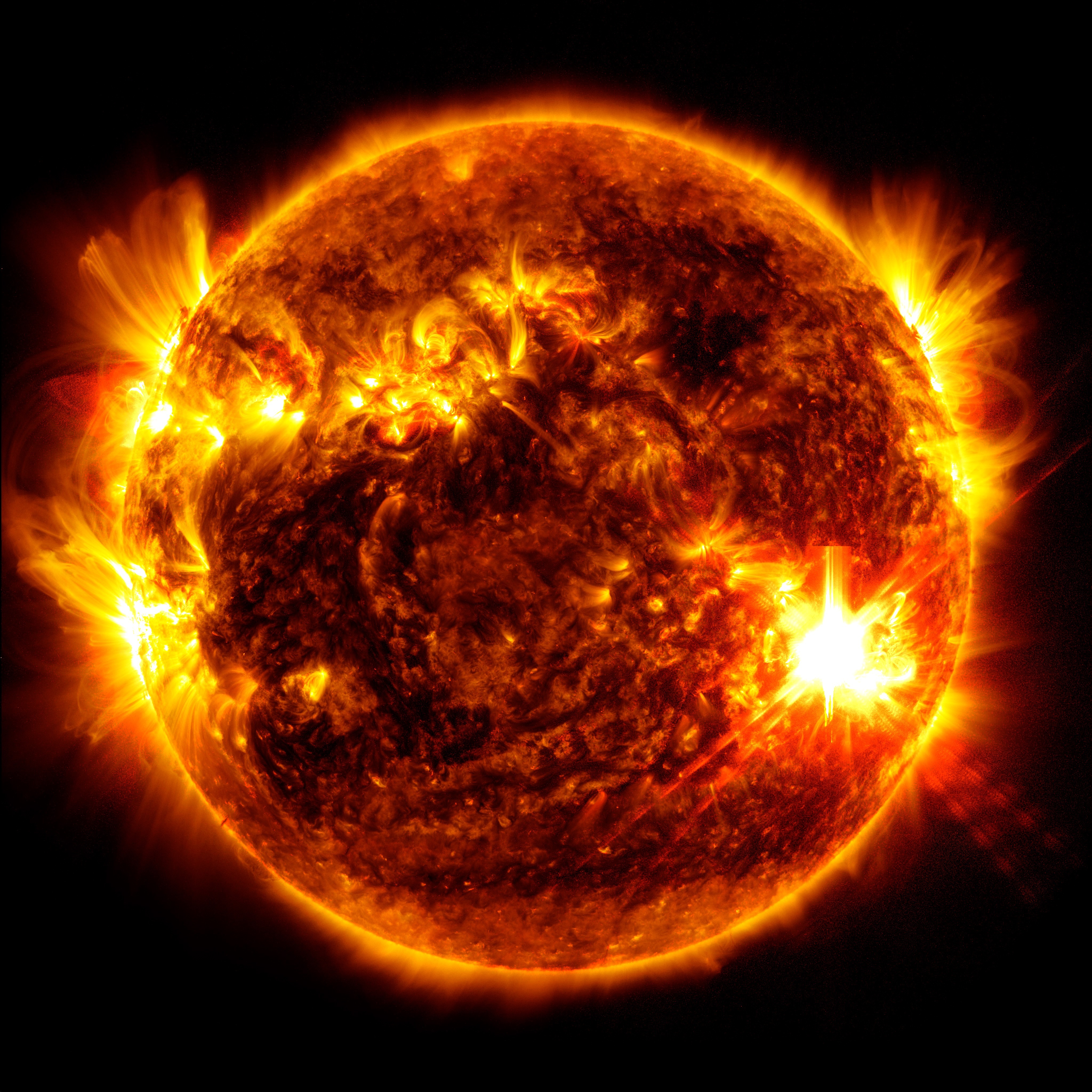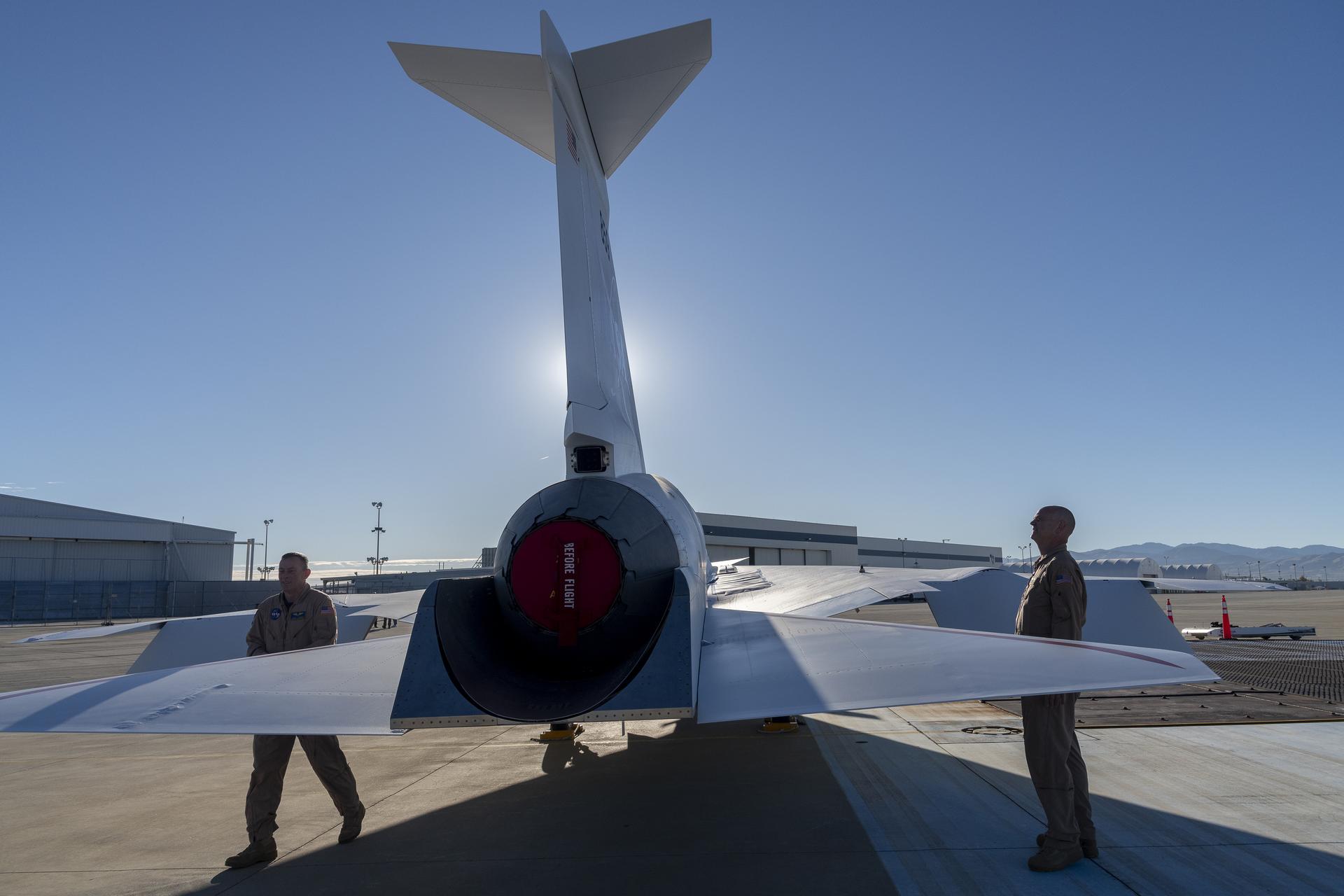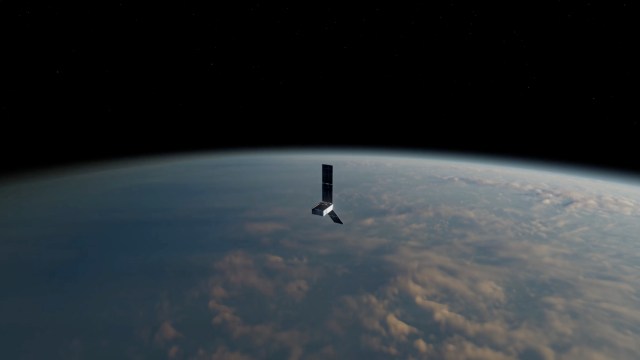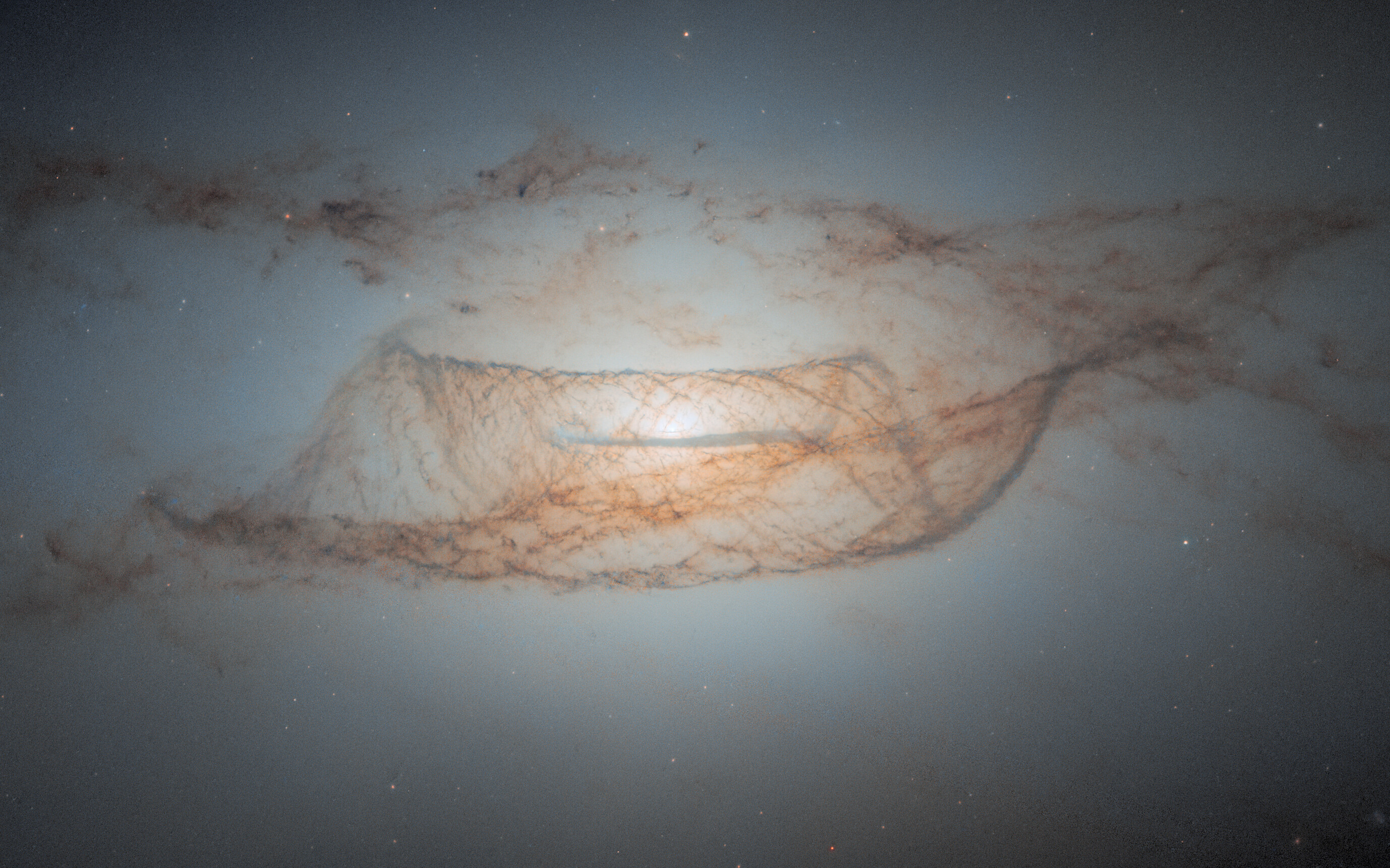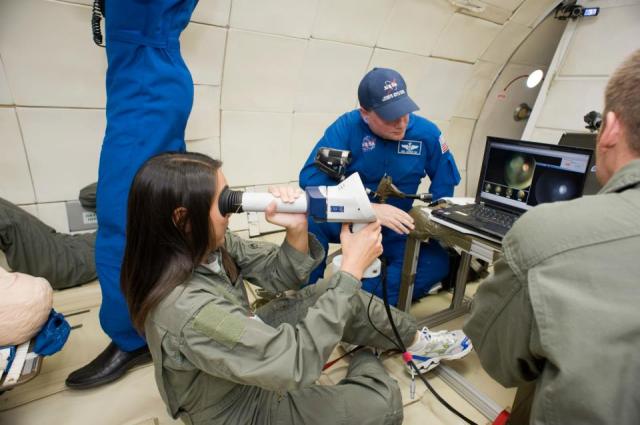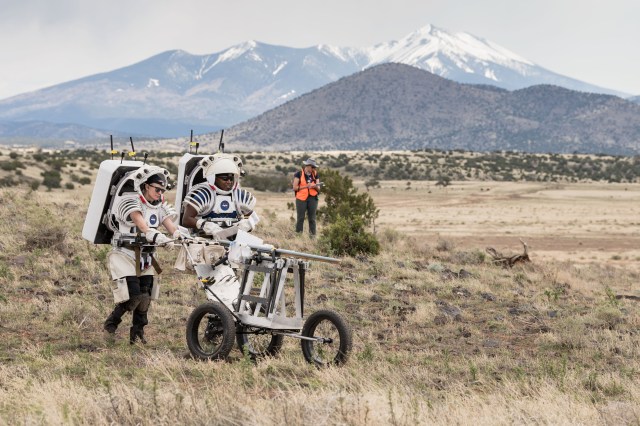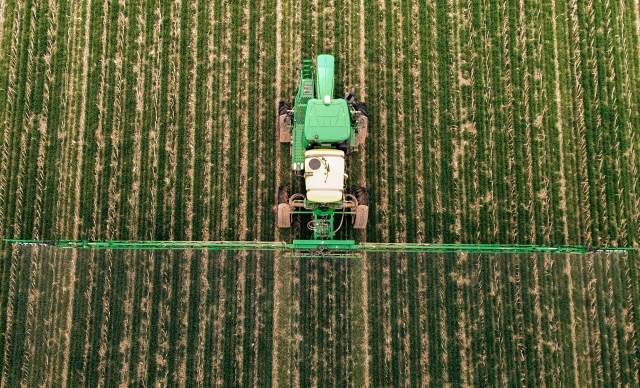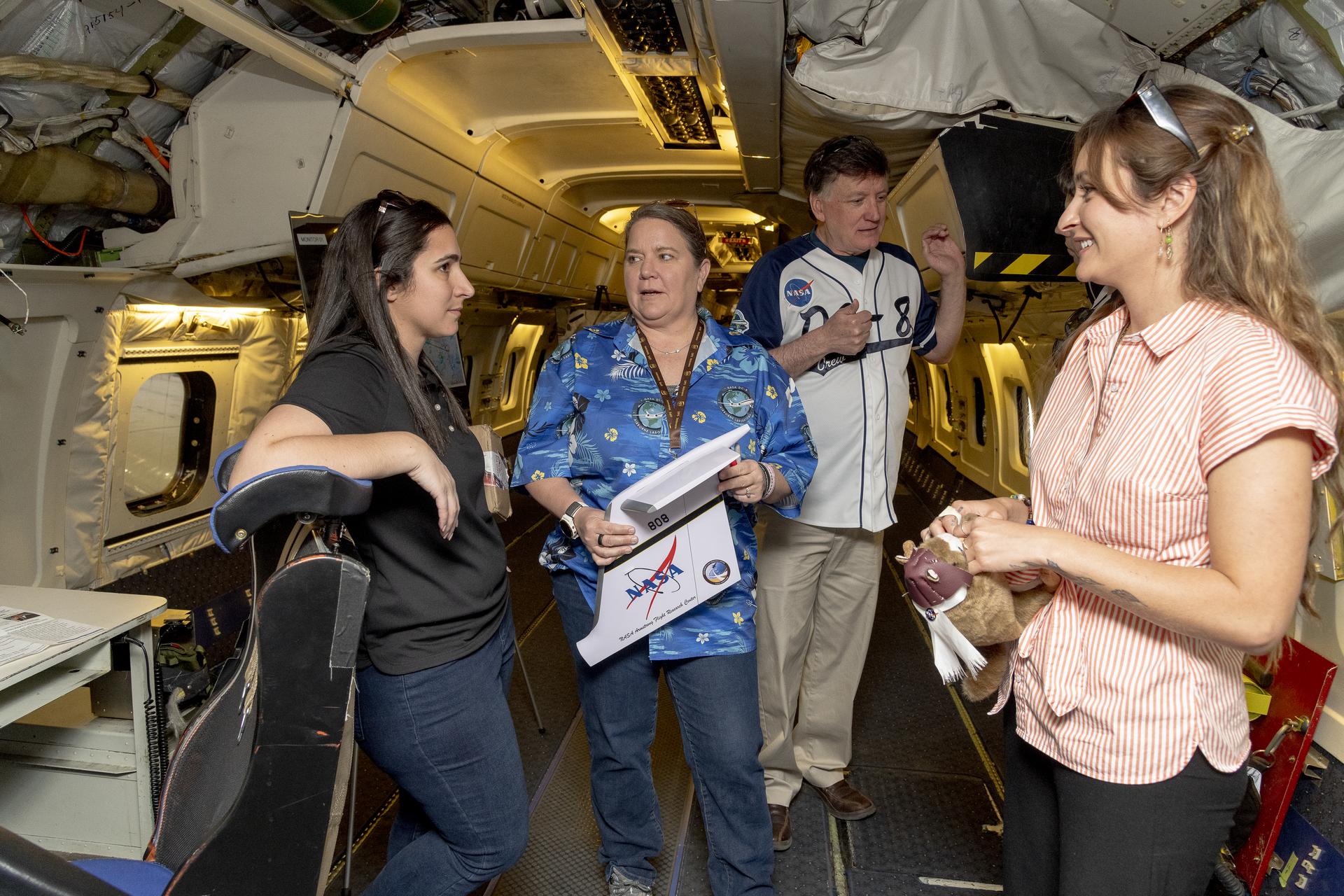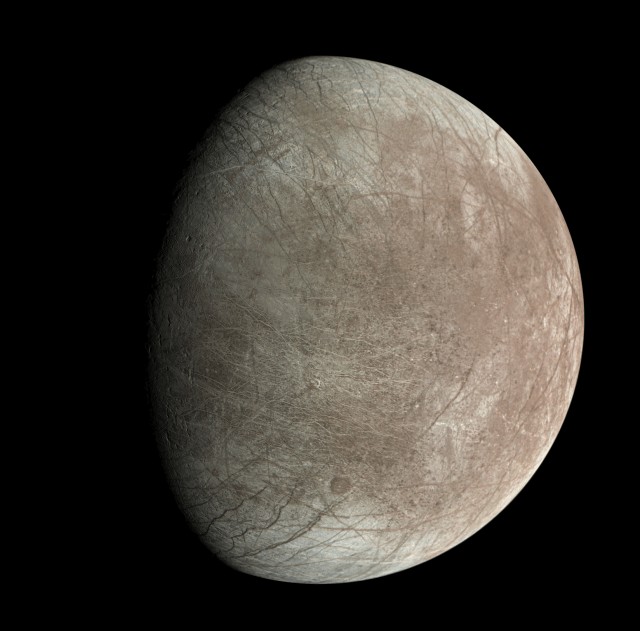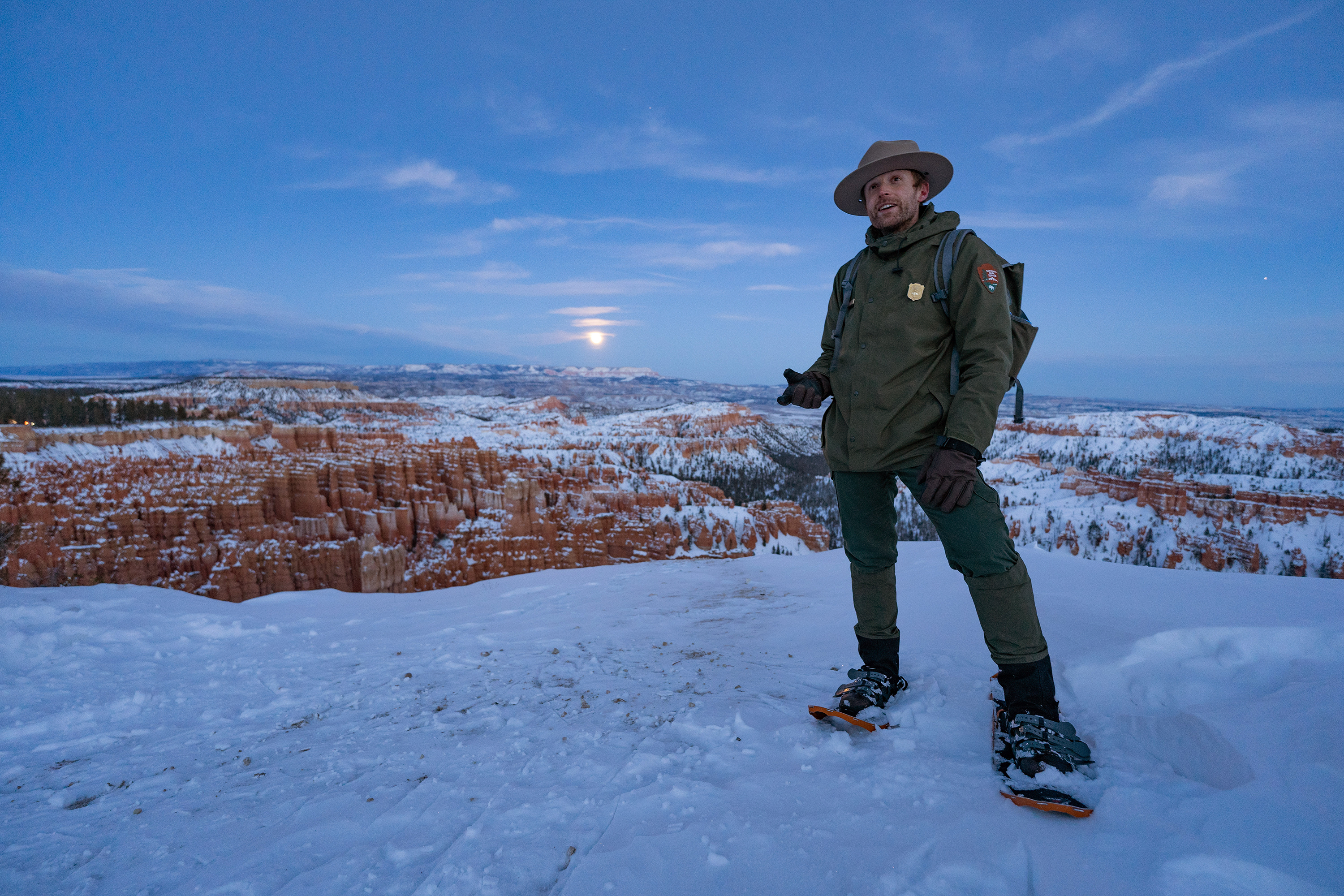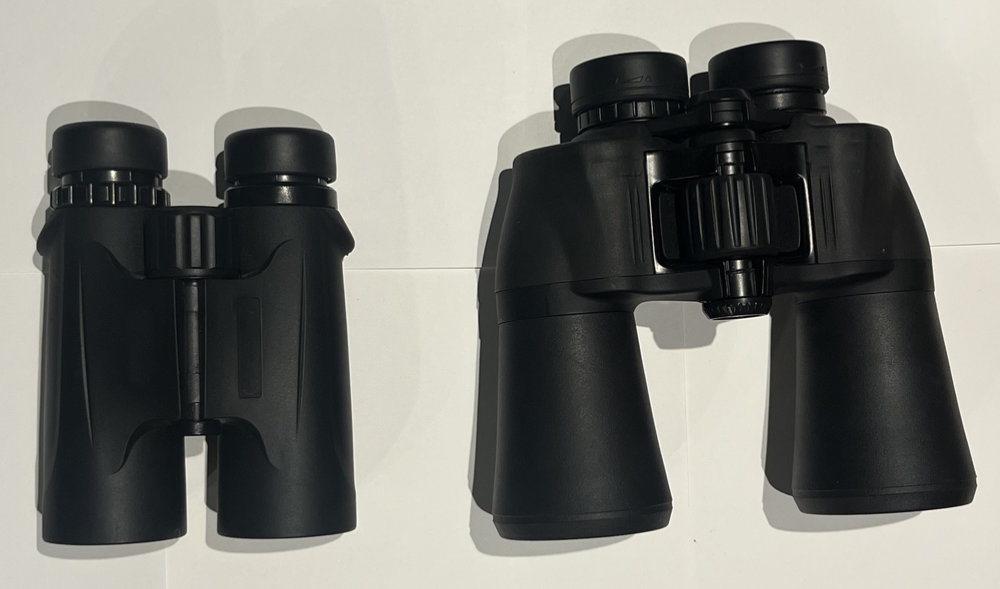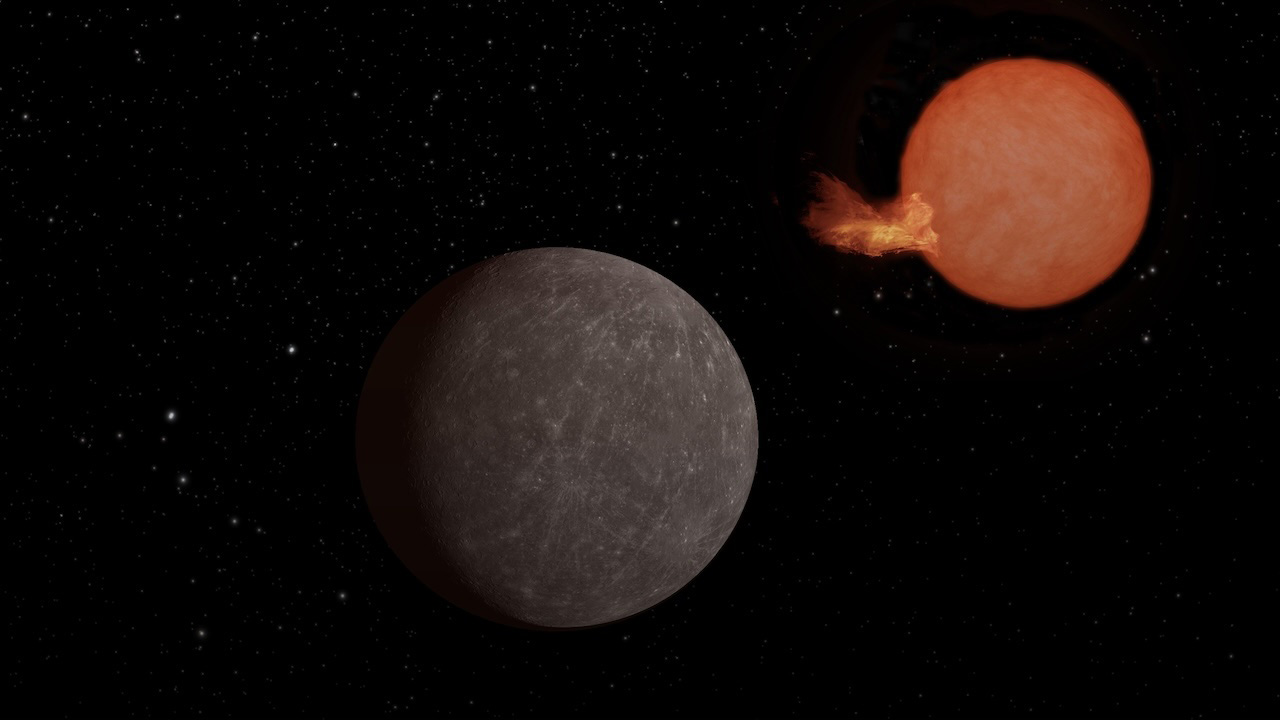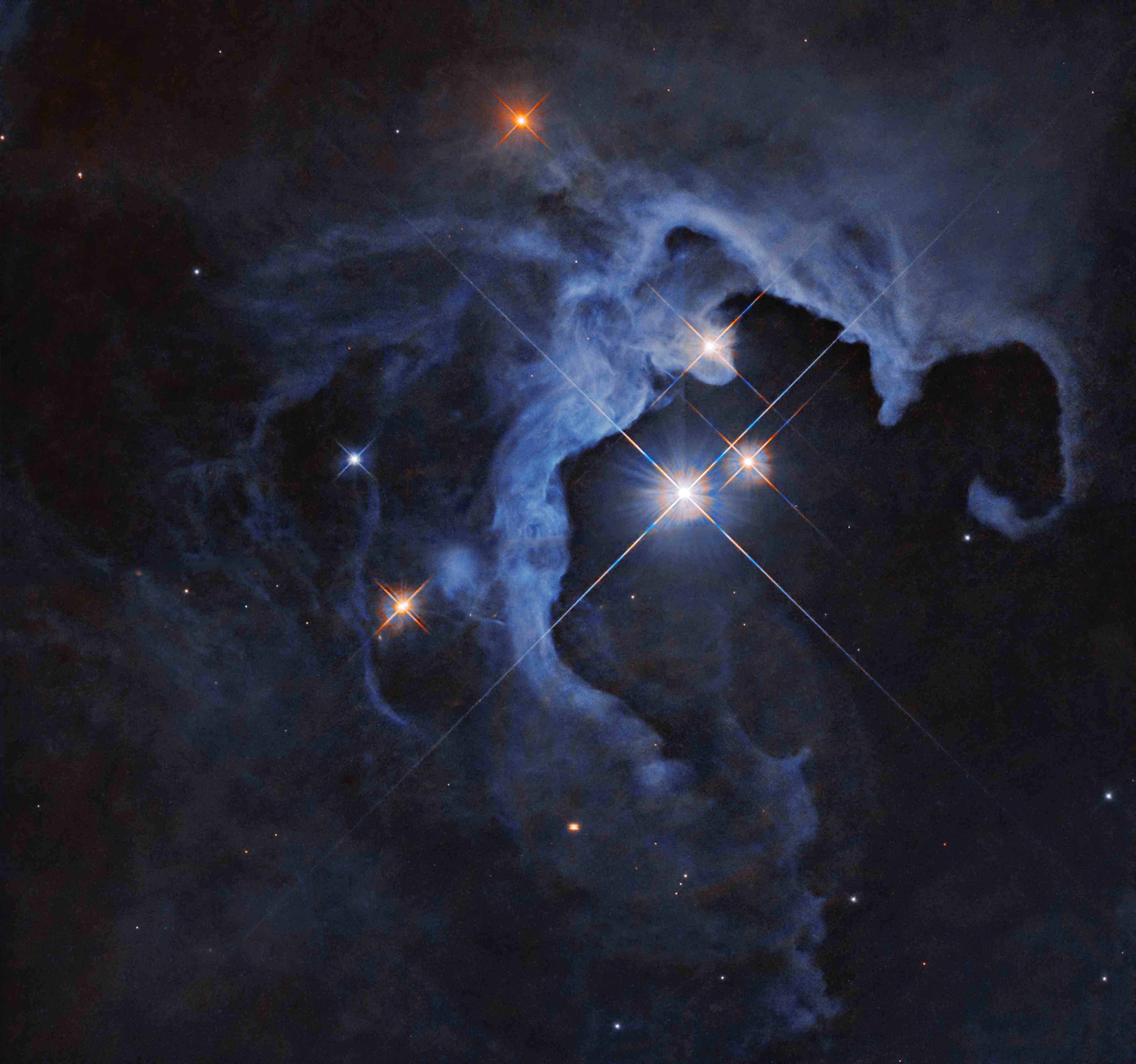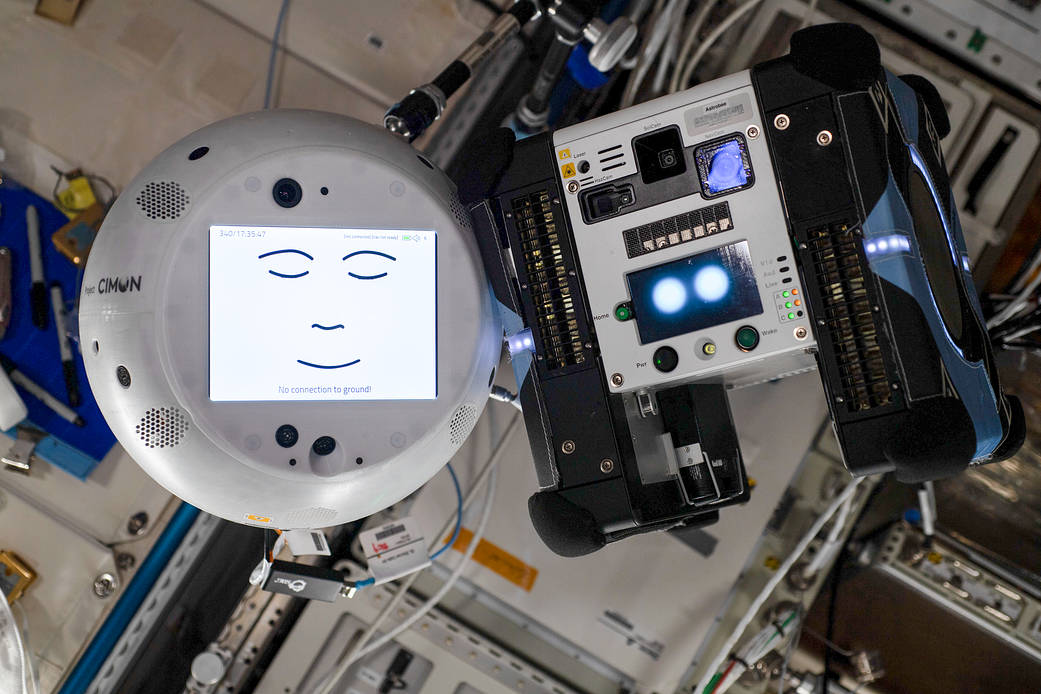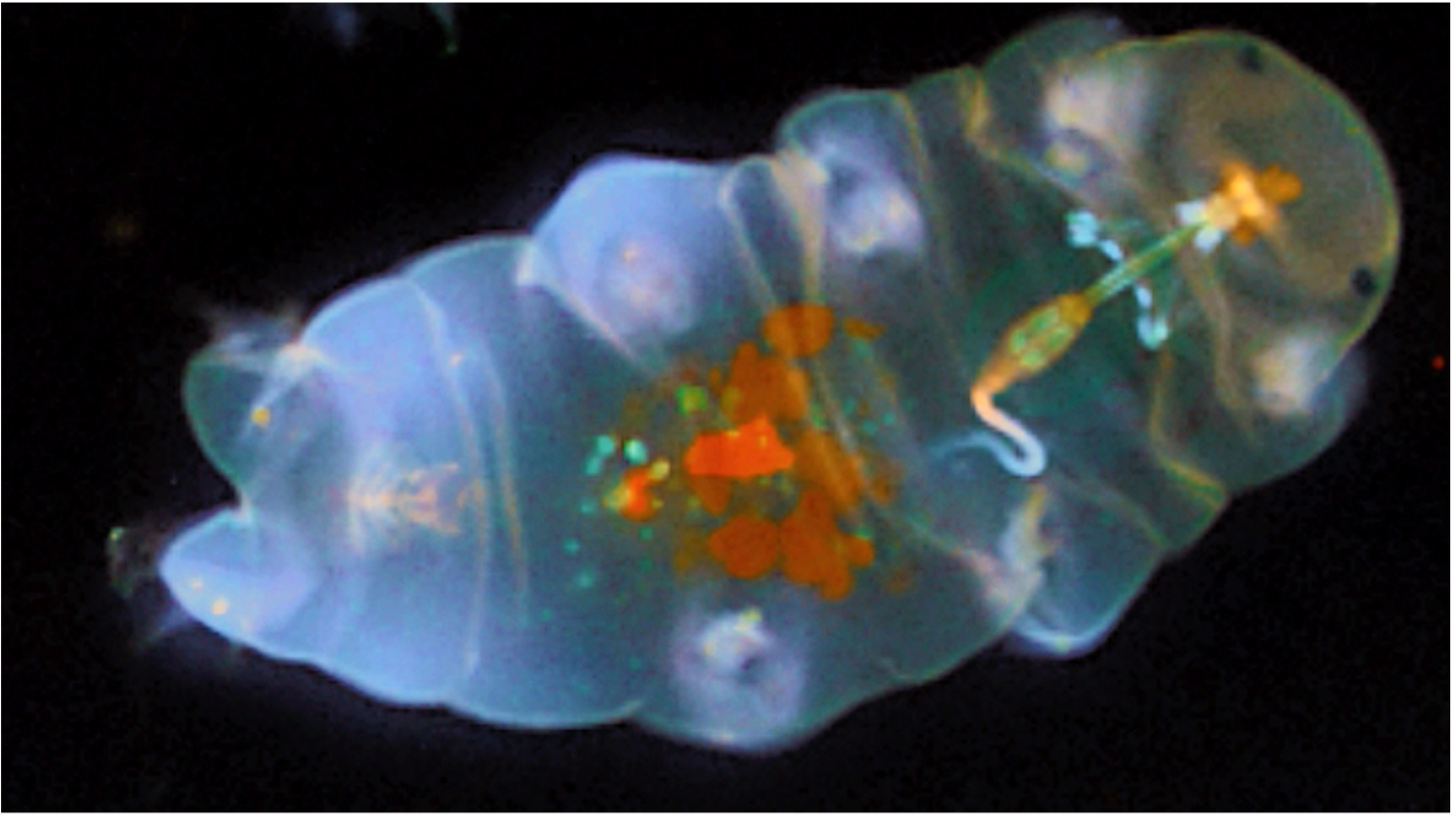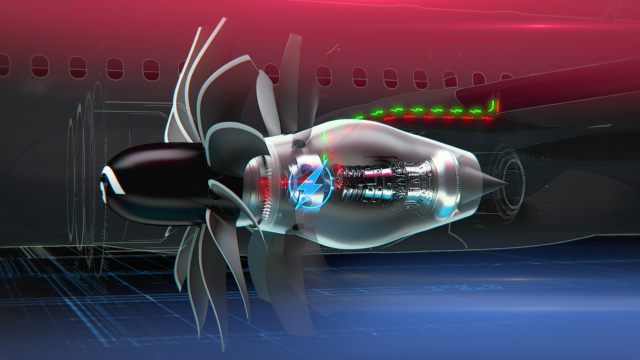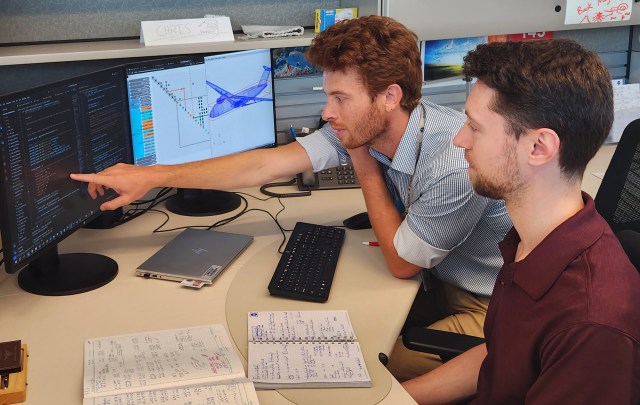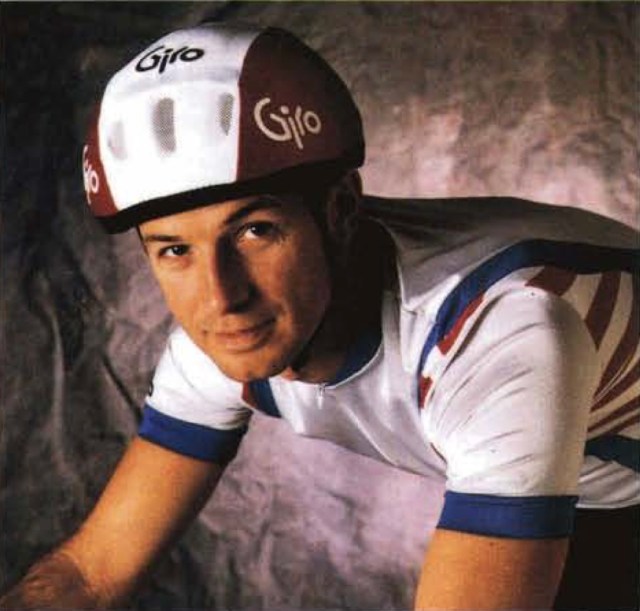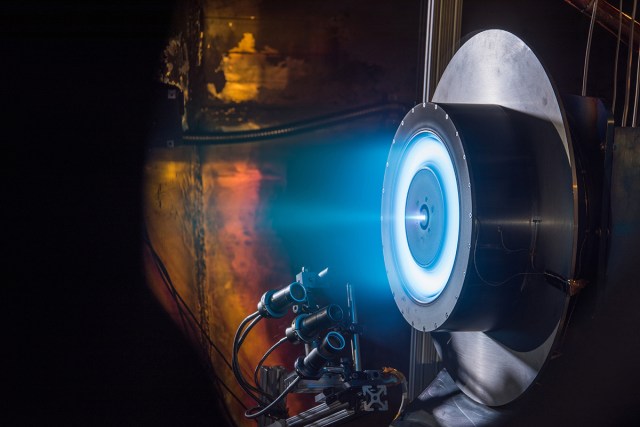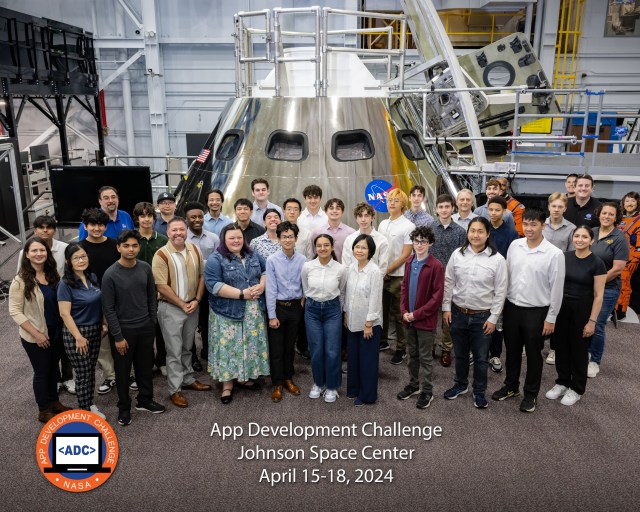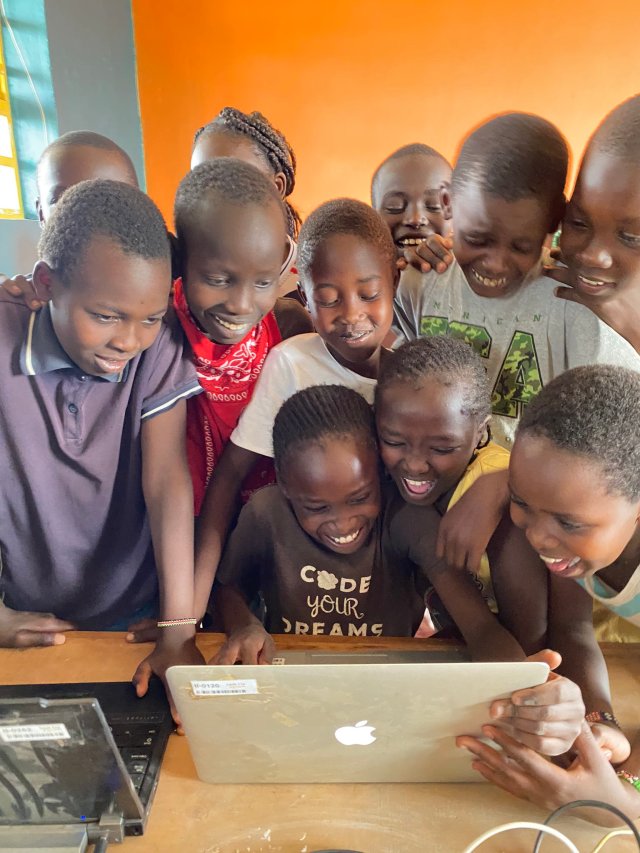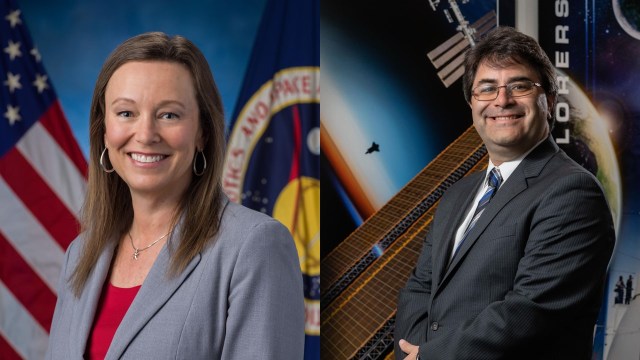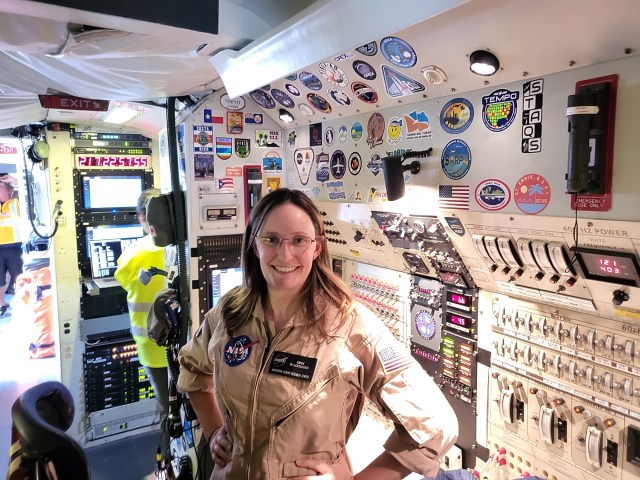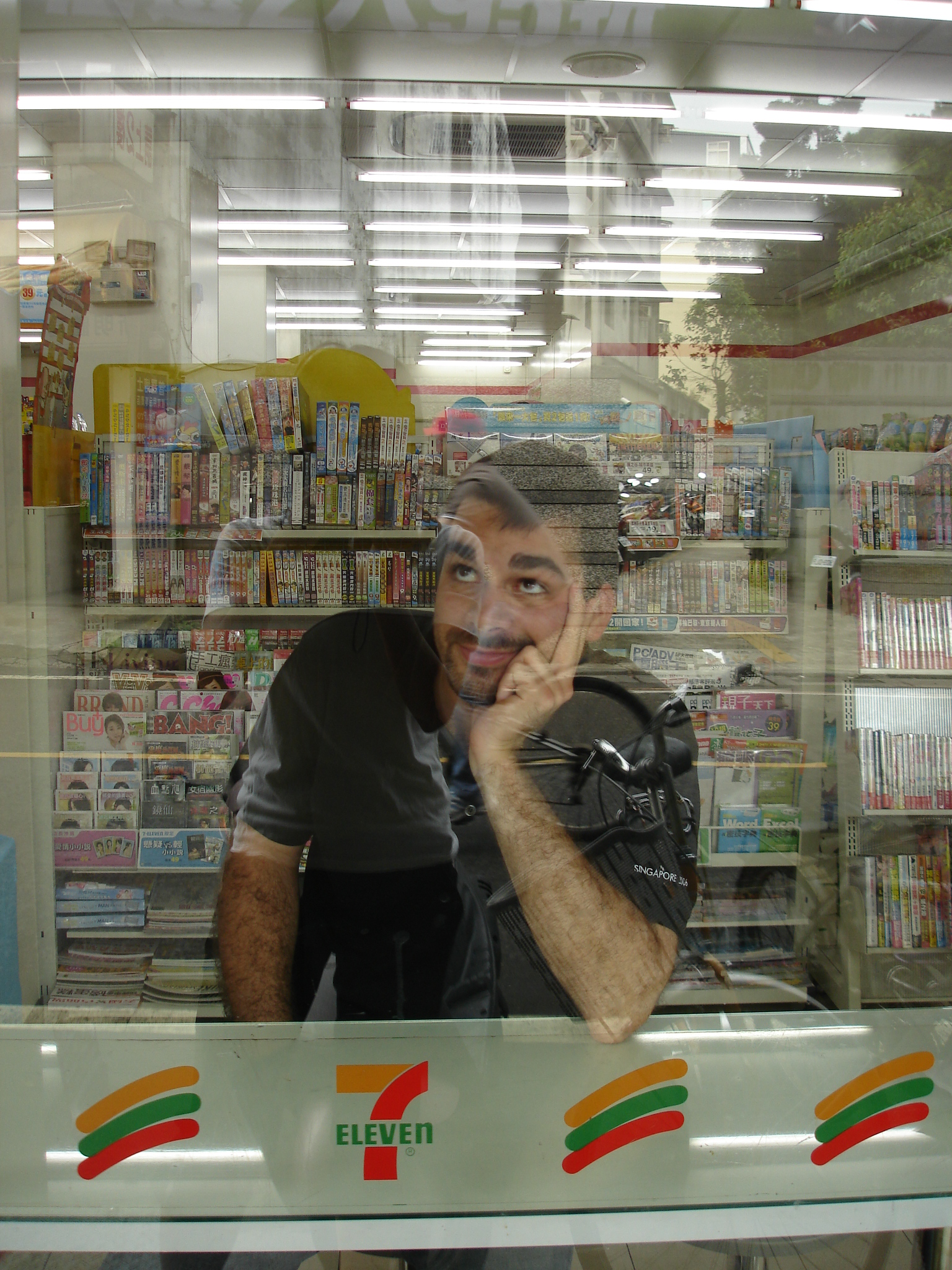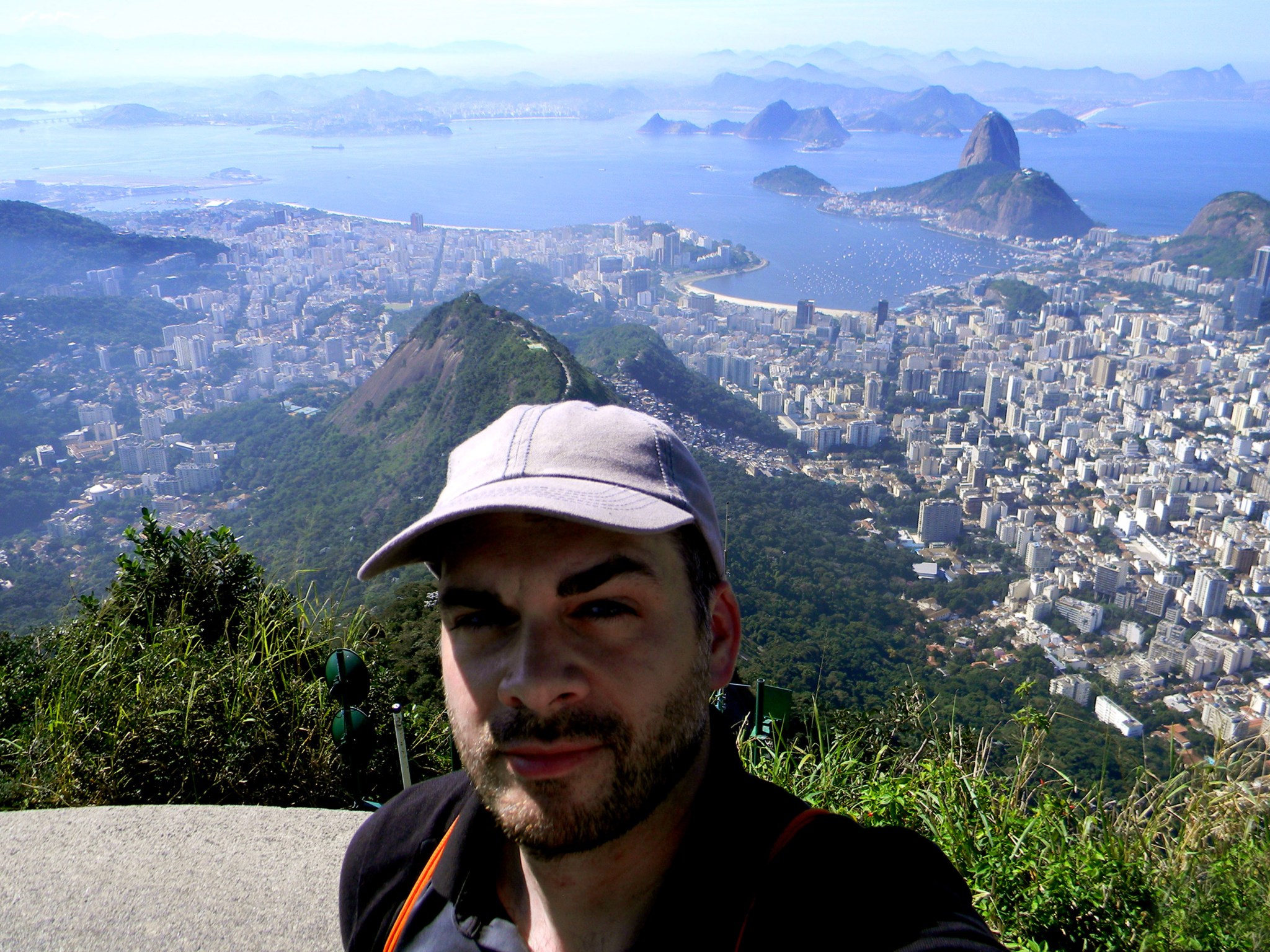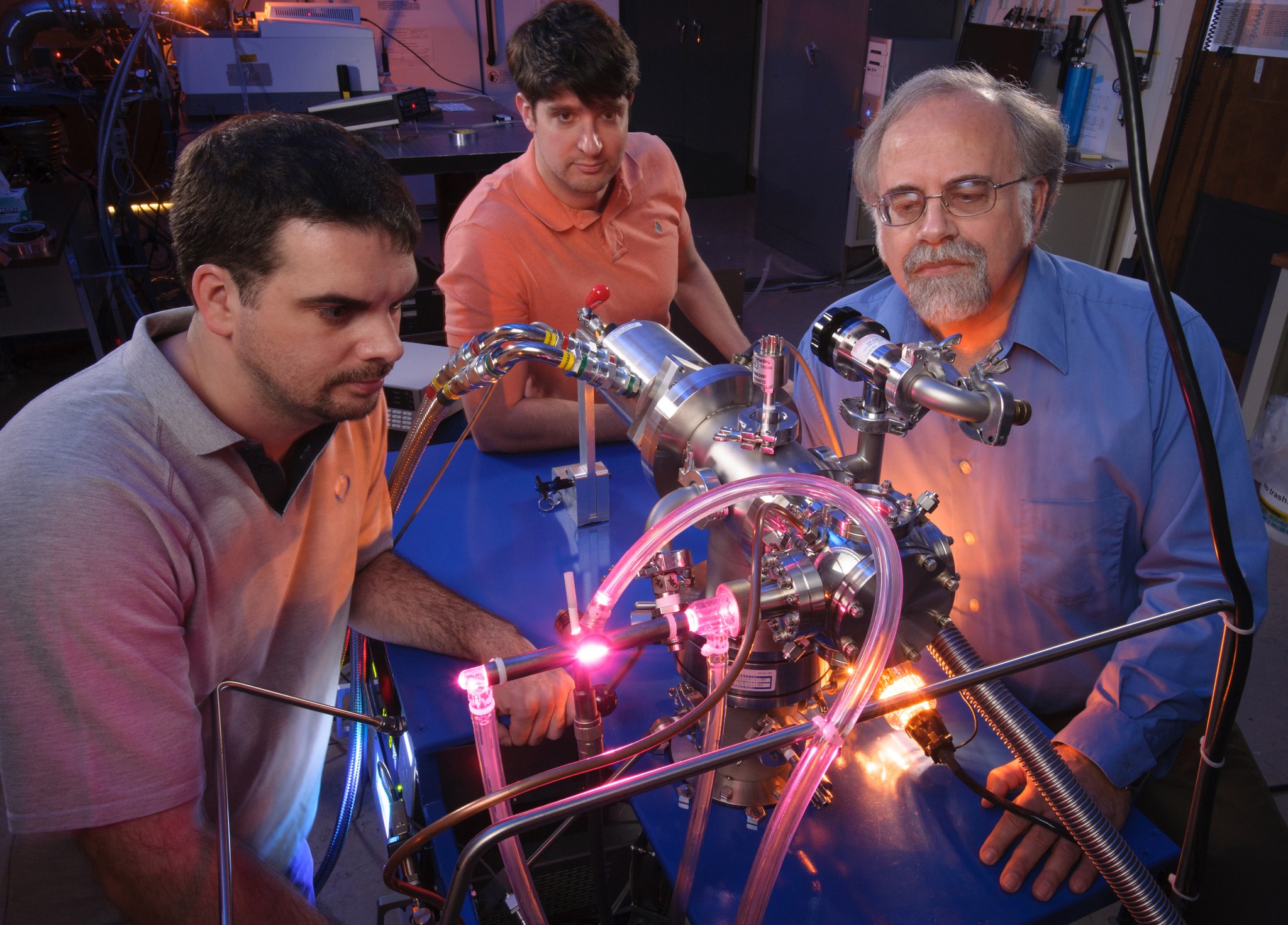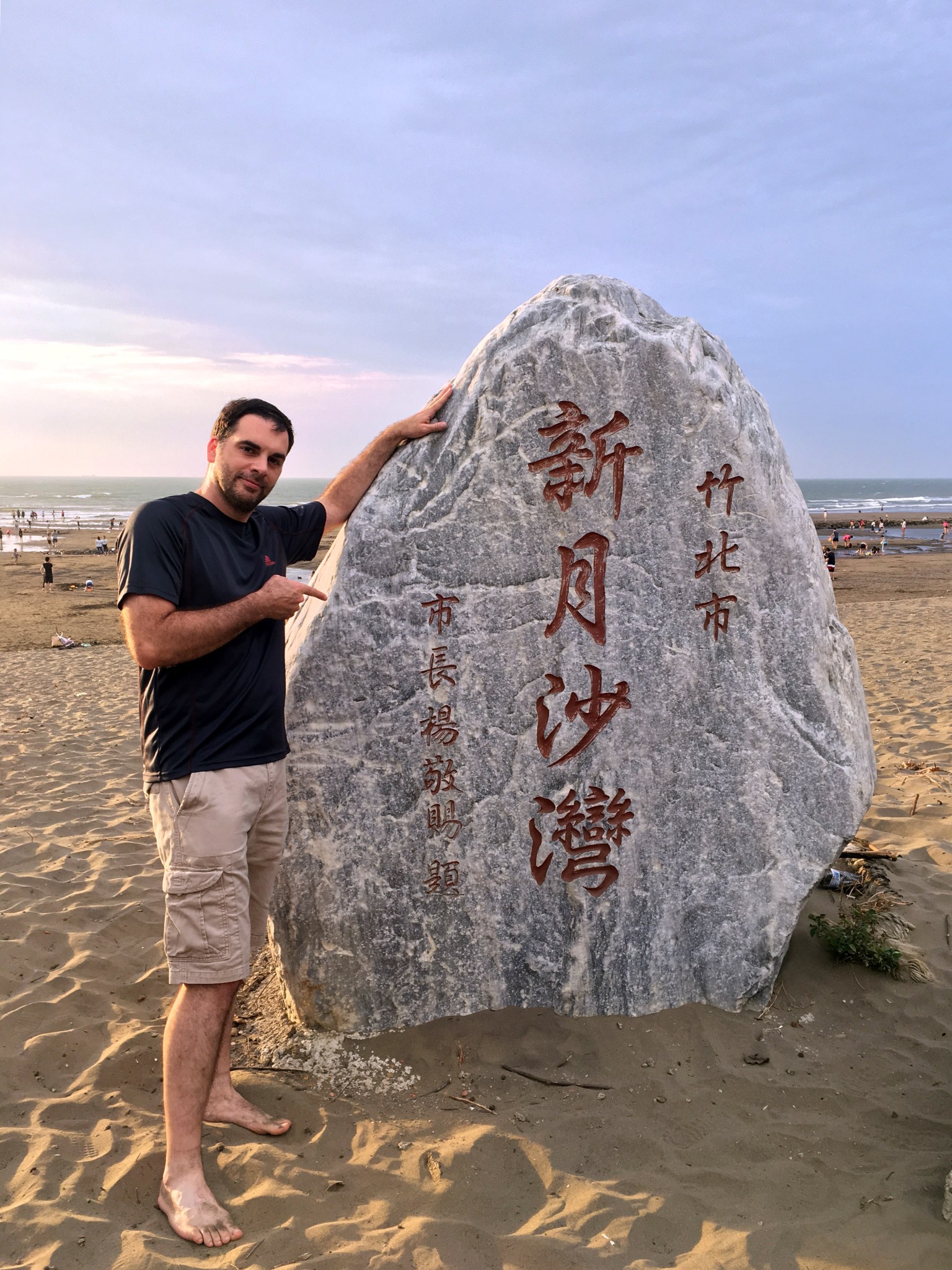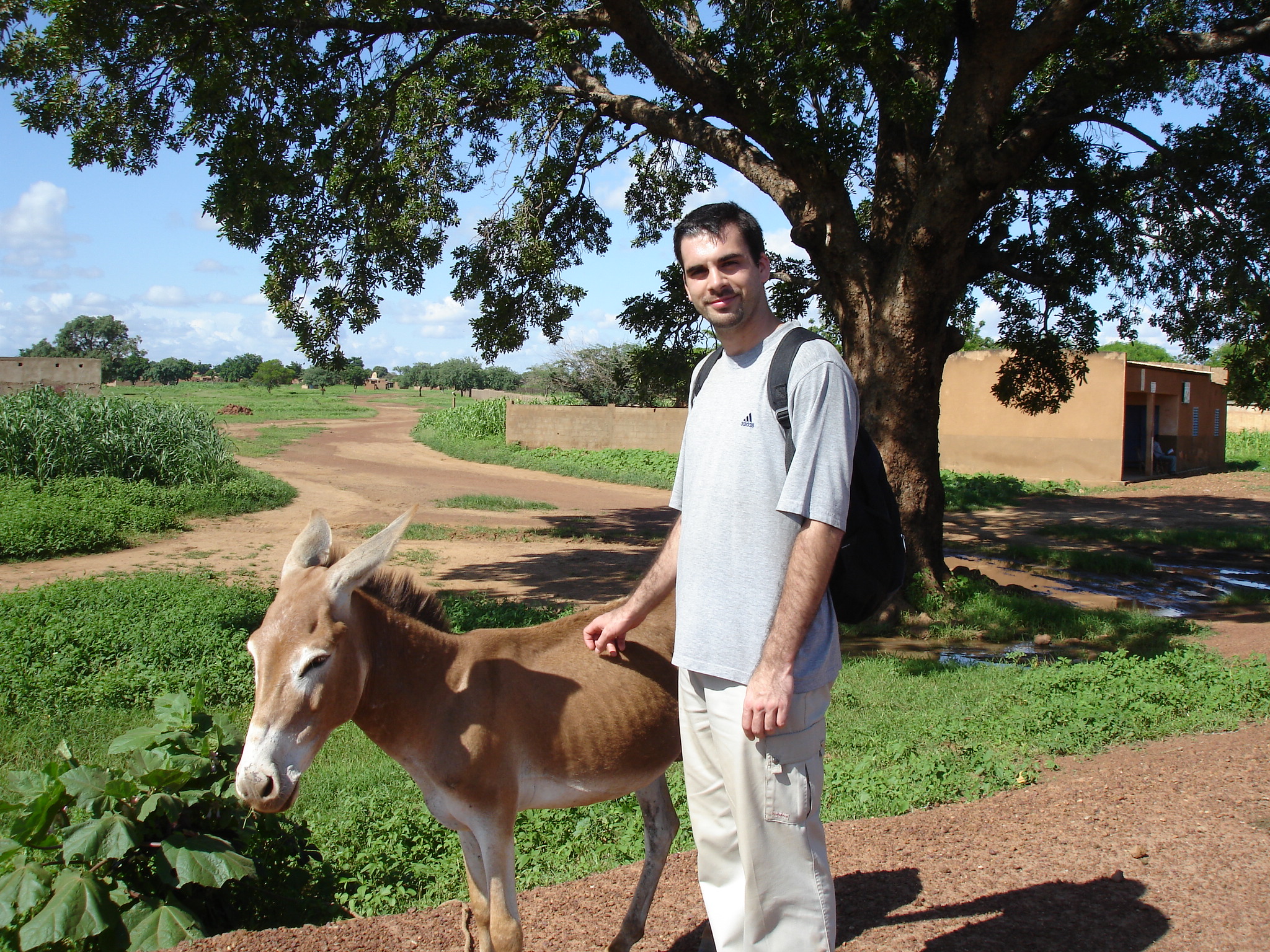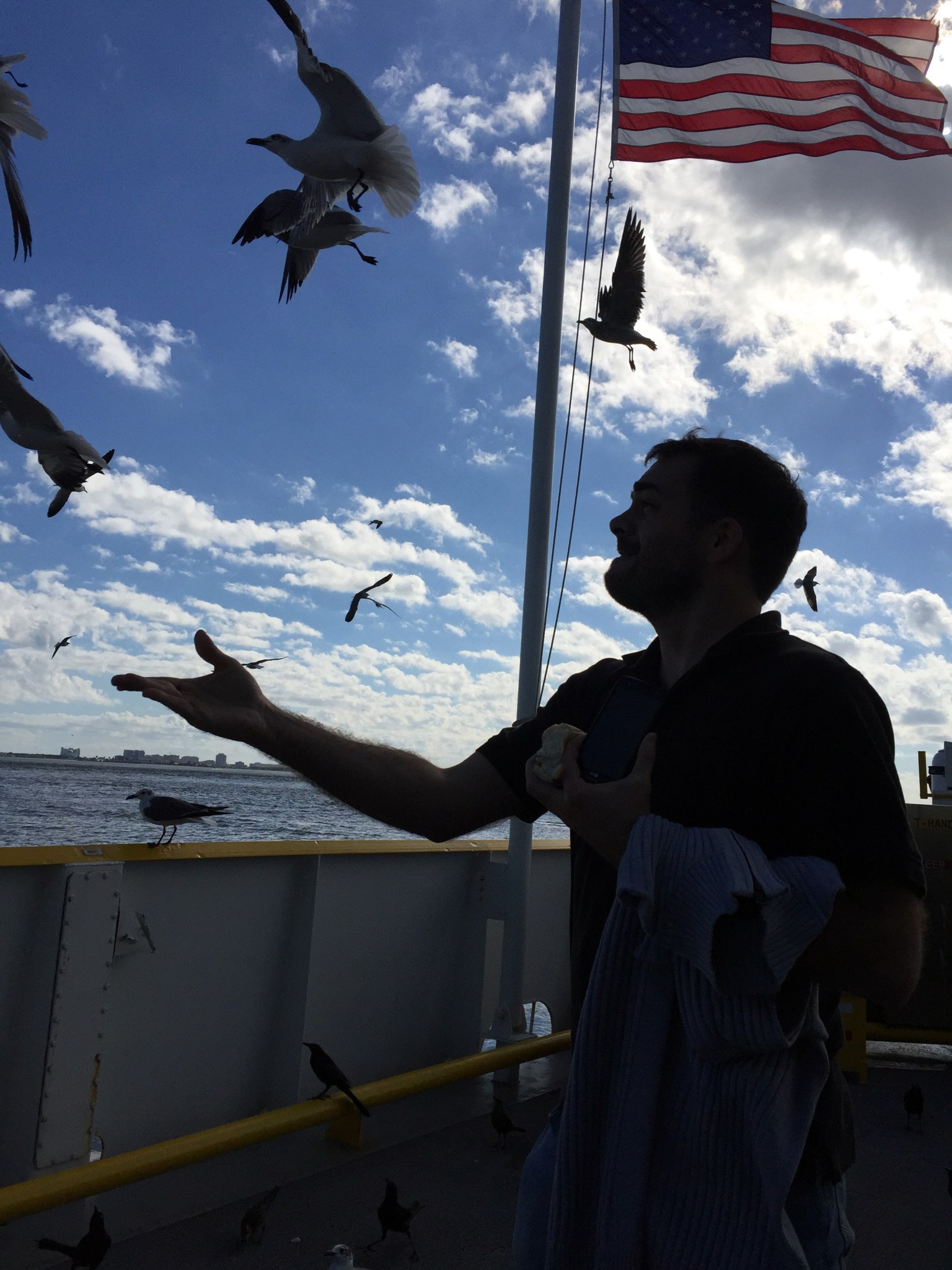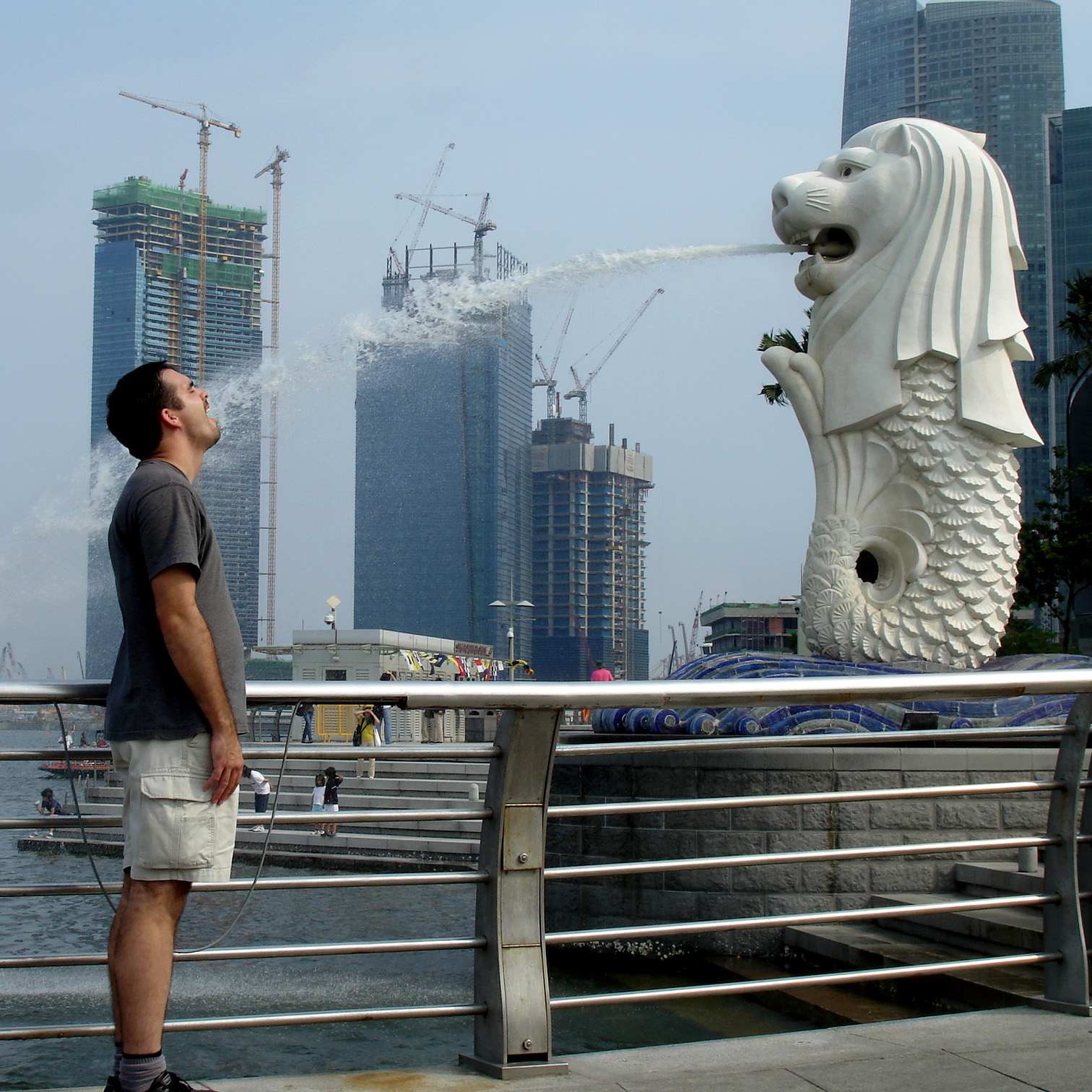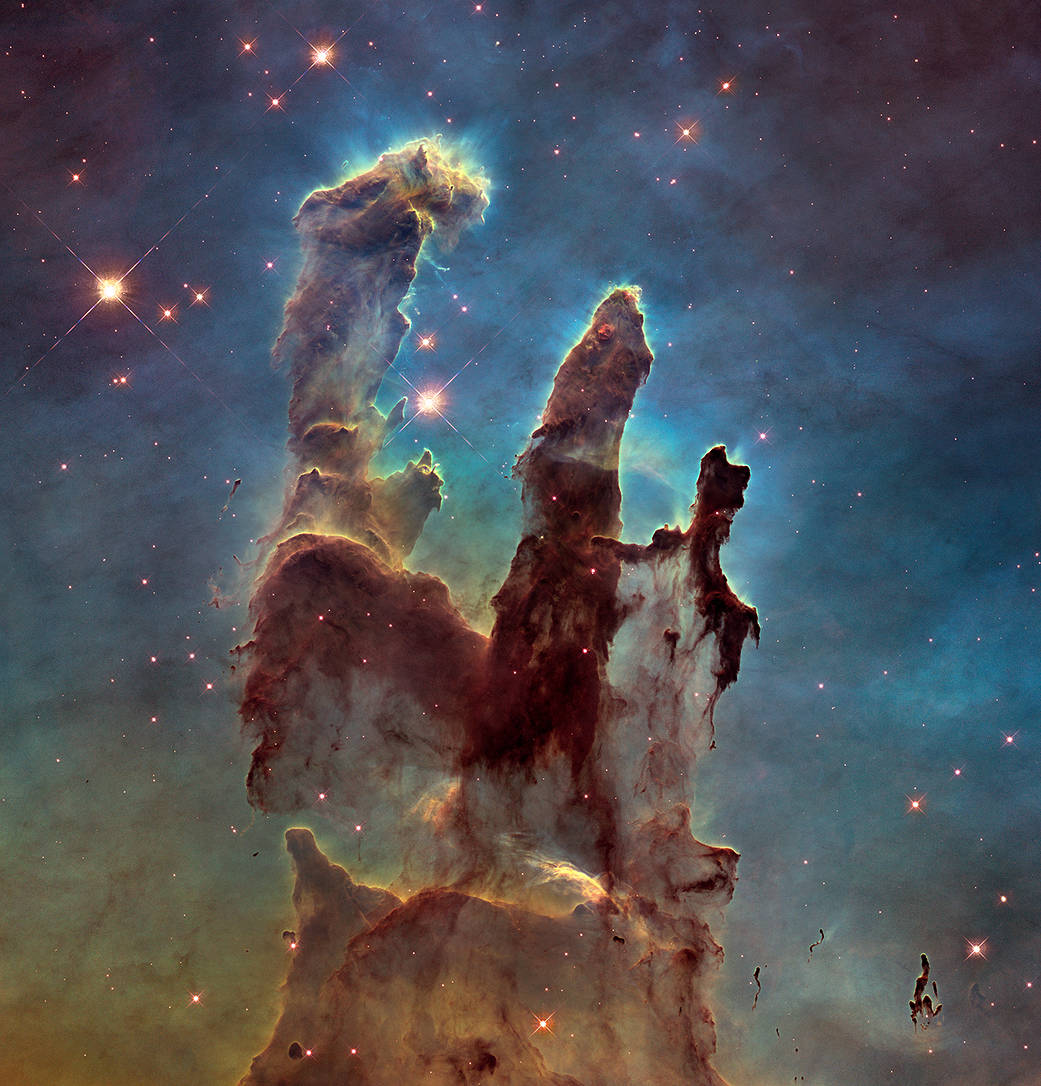Intro: The idea behind these interviews is to recognize that as we work around people, we learn something about their work but that’s about all. Broadening that a little bit, we will probably poke around at some things that aren’t necessarily work-related. One of the most important things, that everybody smiles at when we tell them, is that we record these so that we can be faithful in our transcription but we will give you the results so that you can have an opportunity to review and edit it.
We’ll jump right into it and start with your childhood, where you’re from, and if there was anything about those early years that gave you an inkling of where you might point yourself career wise, along with the path you pursued to get where you are today.
I was born in Spain from Spanish parents who grew up in France.
That’s interesting because I read a little of your bio and thought you were going to say you were born in France or grew up in France.
Both of my parents were born in Spain, but they arrived in France when they were very young. My dad was eight and my mom was fourteen. And they met and got married in France.
And they were both from Spain, the same area?
Yes.
And what area of Spain?
In the middle of nowhere! In the west, in a region called Extremadura.
Why did they move to France?
To look for a better life. It was hard times when my grandparents decided to move to France. So my parents grew up mostly in France, but then my dad was working for a freight company. He got a promotion and was asked to go to Madrid for three years, so they went back, and I was born there. After those three years, they decided to move back to France.
Where in France?
I grew up not far from Paris, on the east side of the suburbs, which is very much countryside, actually, even if people don’t realize. It was very close to the international airport and was mostly forests, fields of sugar beets and corn, but it’s not far from Paris. It’s a small village, with only 6,000 people.
Do you consider yourself a dual citizen? Or French? Or Spanish?
A little bit of both, I think. I grew up in France, I went to school in France my whole life, so I’m French educated. When people ask me, I say that I am genetically Spanish, French educated, and now I am totally, legally, and fiscally American! (laughs)
Do you have any brothers or sisters?
I have one brother. He is younger and he was born in France. But he uses a Spanish passport. I was born in Spain and I used to use a French passport. Which is very funny. He lives in Romania with his wife and son.
So how about your early education?
I went to school in a small village and everything went fine, I guess, in general. When I was a kid, I was interested in two things: science and languages. So, when I was seven or eight, I was already learning different alphabets, such as Greek, Russian, and Arabic alphabets. I have always been interested in foreign languages and alphabets.
Do you have any idea where that came from, that interest in languages? Were your parents multilingual?
My parents are bilingual, but it was just myself. And then I discovered Japanese and I started to learn it when I was around twelve, just for fun. Apparently, I had a lot of time to kill.
Do you speak Japanese now?
Let’s say I can survive in Japan. But I knew I was going to be a scientist because that was the only thing I really liked in school. I didn’t know exactly what kind, but I always liked astronomy, the stars, and planets. But then I went to the University and realized that I was much better at chemistry than pure physics, so I told myself, “I’m going to follow what I like” because, in my mind, astrophysics was part of physics. So, I told myself, “That’s OK, like chemistry, so let’s go for chemistry”. But what I like in chemistry is physical chemistry, what matter is made of, how it evolves, etc., so I kept studying this subject, and during my master’s degree, I took a class called spectroscopy, which is the study of the light and the information it contains. This is a part of chemistry that can be applied to the study of astronomical objects that are far away, but from Earth” and I told myself “That’s my way back to astrophysics”, and so that’s what I chose to do. After that my Ph.D. was officially in astrophysics, although I was actually studying what we call astrochemistry. That’s how I came back to this field.
And all of this was in France?
Yes, everything was in France. After my Ph.D., I found my first postdoc in Taiwan, and I went there for two years. That was a very memorable experience. I really enjoyed it.
And was the primary language over there English?
No, it was Chinese, but most people were speaking English with me, of course. That was the first time in my whole life that I had to speak English every day.
And that was just another language you learned?
Well, I can only speak a bit of Chinese… I go back to Taiwan very often, even now, usually two or three times a year because I have a collaboration there, and I use their synchrotron facility for experiments, so it’s always useful to know some Chinese. I’m actually going back to Taiwan in March (2020).
I know you did a postdoc here at NASA because I remember when you came on.
Yes, while I was still a postdoc in Taiwan, somebody who used to work here at Ames told me that he was going to headquarters and they were looking for somebody to work in the lab. And he knew me because he was a member of my Ph.D. committee, so he told me, “You should apply for a postdoc at NASA Ames because I’m leaving and we’re looking for somebody just like you”. And so, I did just that and got selected.
Would that have been anybody we know?
Um, Max Bernstein? (laughs)
Sure! So that was Max? Well, there’s a connection! How interesting is that? Because we always like to understand what got people here to NASA Ames.
Well, I knew about people working here at Ames before I moved here because our field is a pretty small community, a small family. Lou Allamandola, who is one of the astrochemistry pioneers here at Ames, used to work in the Netherlands, and my Ph.D. advisor, Louis d’Hendecourt, was doing his Ph.D. when Lou was there, so he knows Lou very well. Everybody knows everybody. Also, when I was a Ph.D., one of my office mates was a Spanish postdoc, Guillermo Muñoz Caro, who did his Ph.D. in the same lab in the Netherlands, so somehow, we’re all connected.
Well, you found your place apparently, so far.
Yes, I’ve been here for twelve years now.
So, tell us a little bit about the work that you do, with an eye toward how it supports NASA’s strategic goals and how it can be defended to the taxpayer who pays the bills.
NASA is about the exploration of the universe and about understanding the nature of the universe. And what I do in the lab is more on the understanding side. Basically, I do experiments in the lab to understand how matter forms in space, in astrophysical environments, how it evolves, and what are the materials that end up making stars and planets. And also, what kind of compounds may be connected to the origins of life, by studying the materials that fall onto planets and comparing with lab data. It’s a very broad topic.
In your bio, it mentioned organic chemistry.
Because I am more interested in the formation of organic compounds in astrophysical environments.
I’m not a scientist but it suggested to me that that’s, and most of the research that NASA does, is related to the search for life, to answer the big question.
Yes. But we’re not looking for life, that’s not exactly what we’re doing. What we’re trying to understand is how the elemental bricks that are the constituents of living beings, as we know them on Earth, are/were formed.
Is the fact that there are organic compounds evidence for the possible existence of life elsewhere?
It’s no evidence, but it’s a strong clue that everywhere in the universe the same compounds are made. That carbon chemistry (organic chemistry) is universal and that these compounds are made everywhere, in our galaxy at least. And all those compounds are part of the materials that make up planets and planetary systems. They fall on planets all the time; meteorites and space dust fall almost every day on Earth. We don’t always see it because sometimes they fall in the form of small particles that are too small and/or that fall into the ocean, but we are constantly bombarded with these organics, even now. And so, of course, this must happen everywhere else in the galaxy. That doesn’t mean that life is everywhere, but it suggests that the chances for life are everywhere.
Is it fair to say that without organic compounds, there wouldn’t be life?
We don’t know. It’s difficult to answer that question. All we can say is that this is the way we understand life now, as we know it on Earth, but of course, we should be a bit open minded. Carbon (organic) chemistry is the only way we know to make complex materials. If you start with something else, with another basic element, like perhaps nitrogen or people have talked about silicon, it’s much more complicated. Also, if you use heavier elements, their abundance is much, much smaller. So, carbon (as a base structure), together with oxygen and nitrogen are the best combination of elements, because of their abundance, and because they can make very complex molecules, the bricks that allow you to build very complex systems, such as life. So, it looks pretty logical that if life exists somewhere else, it would probably be based on carbon chemistry. Maybe not exactly the same as we know, but based on chemistry that uses carbon-based compounds.
Speaking like a true scientist with an open mind.
We only have one example of life. I’ve heard people ask, “Are we alone?”, or, “Are there other forms of life in the universe?” I read somewhere that there are probably only three possible answers to the question of how many forms of life there are in the universe: (1) zero, meaning there no life, which we know is not true because we are here, (2) only one, which is “us”, or (3) a very big number, perhaps an infinity, because if there is more than one form of life, it’s probably a lot more than two or three.
That’s the position we were in just twenty-five years ago with regard to planets, not knowing for sure if there were any planets anywhere else, around any other stars in the universe, and then discovering in our own time that in fact, the answer to that question is: everywhere! Including habitable planets. What an exciting time to live and be a scientist!
Yes, it’s reassuring to know that planets are something very common in our Galaxy rather than rare, as we thought twenty-five years ago. And the discovery of the first Earth-size and habitable planets is very important for the search for other forms of life outside our Solar System.
So, you are what I might consider to be mid-career. Have there been so far some exciting things or interesting things that have come out of your research? You know we also post on the website, monthly, an interesting fact of some kind, so we usually ask if there is anything in your work that you’ve been involved in or know about that gives you satisfaction for the work that you do, or that you find just interesting, or would be interesting to the world if they knew and understood it?
I think the only thing that had an impact was published on the NASA website by someone from the public affairs office. It was about “sugar stuff”. I just didn’t realize that it would have so much impact.
The “sugar stuff”?
Basically, it was about one of the compounds that we make in our lab experiments. Starting with very simple compounds, like those we see in space, in this particular case only water and methanol, if you mix these very simple compounds, deposit the mixture as an ice on a substrate that is cooled down to a (very) low temperature, expose them to UV light, let them do whatever the rules of chemistry allow them to do at (very) low temperatures, and finally warm up the whole sample back to room temperature, you will see that something is left on the substrate. When you analyze that material, you can see that it’s very complex, made of a lot of different compounds. And one of these compounds was identified as deoxyribose, which is the sugar of DNA. And of course, that result has a connection with astrobiology and it apparently had some public impact. A couple of days before the paper was officially published, journalists were calling me on the phone and asked me about the importance of this result and the connection to the origins of life. There should be a webpage on the NASA or NASA Ames website about that topic, dating from December 2018. Here the link to the article.
That’s OK, we steal things from the web for our posts!
I guess that’s the most impactful result I’ve had so far. Every day I find or discover something interesting, it makes me feel happy about my job. And what I do or discover in my research doesn’t need to be something that everybody knows about or goes public to make me feel happy about it.
Is there an element of fieldwork in what you do?
Mostly, no. The only exception is when a meteorite falls and our collaborator at SETI, Peter Jenniskens, can get some pieces of it. Then he can bring us some pieces of that meteorite for us to analyze. It has happened three or four times. So it’s not exactly fieldwork, but we get to analyze actual space materials. It’s fun!
Do you find anything different or interesting in those meteorites?
Among the meteorites we analyzed, nothing really different from all the other meteorites that we already know. But analyzing a meteorite allows us to classify it, put it “in a box” with a label. But something interesting happened pretty recently. In the past, people analyzed meteorites that had already fallen and for which we had no idea about their exact origin. So there was no direct link between the meteoritic materials analyzed on Earth and the objects in space we can observe. But then, at least in one case for sure, the object, an asteroid named 2008 TC3, was observed in space only 19 hours before it entered the Earth’s atmosphere and broke down into small pieces. And so for the first time, scientists could directly link the information about that asteroid in space to the material recovered on the surface of the Earth. This way, they could directly match meteoritic samples with one family of asteroids. People who observed the asteroid falling figured out in which area, more or less, the pieces had fallen, and Peter went there to collect those pieces of meteorite and brought them back, so different groups of scientists could analyze them with different techniques.
Wow, that is amazing, to see it ahead of time and then actually have it fall where you can go get a piece of it. And it would have to be big enough to actually have a piece fall to the Earth.
It was big, but of course, it broke into very small pieces when it entered the atmosphere. In this particular case, the pieces fell in the middle of the desert of Sudan, and Peter went there twice, and, with the help of a group of local students, could find several pieces to bring them back.
Well, two things about that: lucky it wasn’t in an ocean and also lucky it wasn’t in a rain forest somewhere because finding it there would be more complicated.
Yes, and getting permission to go collect those pieces of meteorites can sometimes be an issue. There was another meteorite that fell in 2012 in California, in what they call the Gold Country, and a group led again by Peter went there to start collecting some pieces. But then it rained for three days, and the group went back after that to collect more pieces, even if they had been rained on. Peter gave us several samples of that meteorite to analyze, and one of these samples was very different. So, when we wrote the paper to report our results, we mentioned this difference without being able to explain it. The paper was sent out to be reviewed and one of the reviewers suggested looking at a specific infrared spectrum in a specific paper. The infrared spectrum of this different meteoritic sample turned out to be the spectrum of a known type of bacteria. So, we knew that this sample was definitely contaminated, probably because it was collected after the rainfall.
Just for my information, when you have to go to someplace like Sudan, do you have problems getting permission to gather samples? And do you have to pay for it? Because I would think that the Sudan government would say, “Well, this thing has value, people want it, so let’s put a value on it.”
Yes. I don’t know how Peter managed to get permission to go and collect these samples in Sudan, but he went there a couple of times. Maybe he managed to convince people in Sudan that these pieces of meteorite had a higher scientific value than a cash value? Some people definitely know that meteorites are rare and thus could potentially be expensive. When the other meteorite fell in California in 2012, some people collected pieces with the intention to sell them on eBay. (laughs)
Just the act of picking it up will contaminate it?
Yes, it could, and some pieces of the meteorite fell into private property, so the group led by Peter had to knock on the doors and ask, “Did you find anything that looks like this?” And if the answer was yes, “Would you be willing to give it away for science or do you want to keep it, since it is yours?”. They could collect a lot more pieces like this, but probably not everything. In contrast, some people would find rocks that looked like meteorites but were not.
How can you tell?
I personally can’t tell very well, but some people can tell right away. In particular, if the piece contains fusion crust, which is the outside layer of the asteroid that got “cooked” when entering the atmosphere, and which can be a few millimeters thick. The fusion crust is specific to meteorites and can be easily recognized.
I just read over the weekend that a walnut farmer in California found a satellite fuel tank on his property. It was from an Iridium satellite that was launched in 1998, and the only comment was they were surprised that it survived the reentry, it should have burned up. That has nothing to do with anything here, but I just found it interesting. So, what is a typical day like for you as far as your work is concerned and what do you like best at least about your job?
It depends. Actually, my days can be different from day to day. Sometimes I need to do experiments so I would spend most of these days in the lab, either setting up an experiment, checking the experiment while it’s on, taking a sample out at the end of an experiment, and analyzing those samples. Other days I write proposals or scientific papers. I rarely do everything at the same time, but it happens, and in this case, days can be extremely busy. I try to organize my work schedule so that for example one week I work on one thing and the following week I work on something else. I review a lot of papers, too, although it’s more irregular. Sometimes I receive a review request every two weeks, and I can’t accept all these reviews. Other times I don’t receive any review request for several months, and suddenly the same week I receive two or three review requests. I wish those review requests would be more evenly spread out throughout the year. (laughs) I think probably the least favorite part of the job is to write proposals to get funding. It’s a lot of work, it takes a long time, a lot of effort, and it’s usually not very well rewarded, as most of the proposals are rejected.
Well, it sounds like you have pursued your interest in science and made it into a career that you’re doing well in and enjoy. Have you ever thought of, if you weren’t in this job, what a dream job for you would be?
I don’t know exactly. A long time ago, before I finished my Ph.D., I was thinking about looking for a job in the industry, something related to chemical analysis, like maybe analyzing oil coming out of the ground, in order to optimize the process to purify it, but then, in the end, I couldn’t see myself doing that for forty years. Maybe I could have done that for five or ten years, but then I don’t do know what I could have done after that.
Interesting that it’s still related to your interest in chemistry.
Yes, because it’s using what I’ve learned at school, but for a different application. What I’m doing now has no real application to the real world. When people ask me, “What do you really do and how does that apply to real life?”, it’s not easy to answer, because it doesn’t. It is pure research, with no intention to develop new technology. It’s mostly about bringing small pieces to the puzzle of the origin and evolution of the universe.
But you need a rationale to persuade NASA to give you money, to give you taxpayers money. So, what if your neighbor said,” Why am I paying taxes so that you can go study meteorites?”
Because one of NASA’s goals is to understand how the universe works. And so, although people think of NASA as only sending satellites and robots into space and to other planets, it’s not only that, it’s also answering very big questions. That’s part of what I’m doing, trying to bring my little contribution to answer this kind of questions.
So, if a young person, a student, looked at your career and decided they would like to follow in your tracks, what advice would you give them?
What I learned when I came to Ames is that nobody has followed the same path to get here. People come from the fields of physics, biology, chemistry, engineering, etc. Mostly, if you are interested in working at NASA and you have a degree in science, whatever it is, you can always find a way to come here and work on topics that need your expertise and are relevant to NASA. Working at NASA doesn’t mean working on rocket science; people are doing fundamental research, applied research, and a lot of engineering, too. Now, if you want to do what I’m doing, then you only need to have a degree in science and have an interest in astrochemistry. That’s all you need. It doesn’t matter where you are from or what school you went to.
We have found that to be true in our interviews that there are a lot of different paths that people have been taken to arrive here. People just percolate through life and the circumstances happen that they arrive here, or it might be somewhere else, there are a lot of other places where they can pursue their interests.
It’s a question of motivation and also a little bit of luck. For example, when I applied for the NPP position, I think I was fortunate to apply at the right time. I didn’t know it was so competitive before I came here. We are now trying to hire a postdoc to work with us, and all our candidate was rejected twice, although she was very good, because there are not enough spots for everybody, so the center has to make a selection.
Would you like to share anything about your personal life? Family, kids, pets?
I don’t have any kids or any pets. I enjoy doing a lot of things outside of work, I have a lot of hobbies, like for example playing pool.
One of our questions is what you do for fun and we’re kind of heading that way now.
I like to study languages, I like to watch movies, I like to listen to music. I also play tennis and like to watch tennis as well as other sports, in particular, international sports competitions, for example, the Olympics. I also love to travel. I spend quite a lot of time on airplanes. (laughs)
That’s right. You said you go to Taiwan about three times a year.
At least twice a year, and I also go to Europe, since my parents and my brother live in Europe. My parents moved back to Spain about three years ago, in Andalucía, and my brother lives in Romania. So if I want to see them, I need to travel.
How do your parents deal with you and your brother being so far away?
I left home almost 15 years ago, so they have gotten used to it.
But you are far away.
Yes, I am far away, but fortunately, we live in a modern world where we can communicate with anybody in the world very easily from a phone. Just walking down the street you can talk to anyone anywhere in the world.
Absolutely true and I am forgetting that in today’s world what used to be far away is just a day’s flight, so it isn’t that far away.
Yes, so you just have to make sure you know what time it is in the part of the world you are calling, for example, make sure people are not sleeping. Knowing about time zones and when to call people in different places has become natural for me.
One of the questions we ask is: Who or what inspires you?
A lot of people that I’ve met in my research field are really, really good at what they’re doing and so, of course, I would like to be as successful as they are. And most of them are very humble. There are a few people like this here at Ames but also outside of Ames, in different labs, who are very hard workers and discover a lot of things that are very interesting, and I would like to have a career like theirs if I can.
We like to put in a picture of something you’re interested in or about your work or anything like that. And we also ask for a favorite quote or some such, if there’s a particular quote that is meaningful to you or inspirational.
I like the quote saying, “The difference between genius and stupidity is that genius has its limits”. This quote has been attributed to Albert Einstein, but it seems that it was not the case. Regardless of who actually said it, I found it both funny and pretty true.
And is there something that we didn’t ask you about that you would like to say?
No, I think that I’ve covered most of the things I deal with every day.
Oh, that’s wonderful. We told you that it would be practically painless!
Thank you very much.
Interview conducted by Fred and Sara on January 27, 2020.

